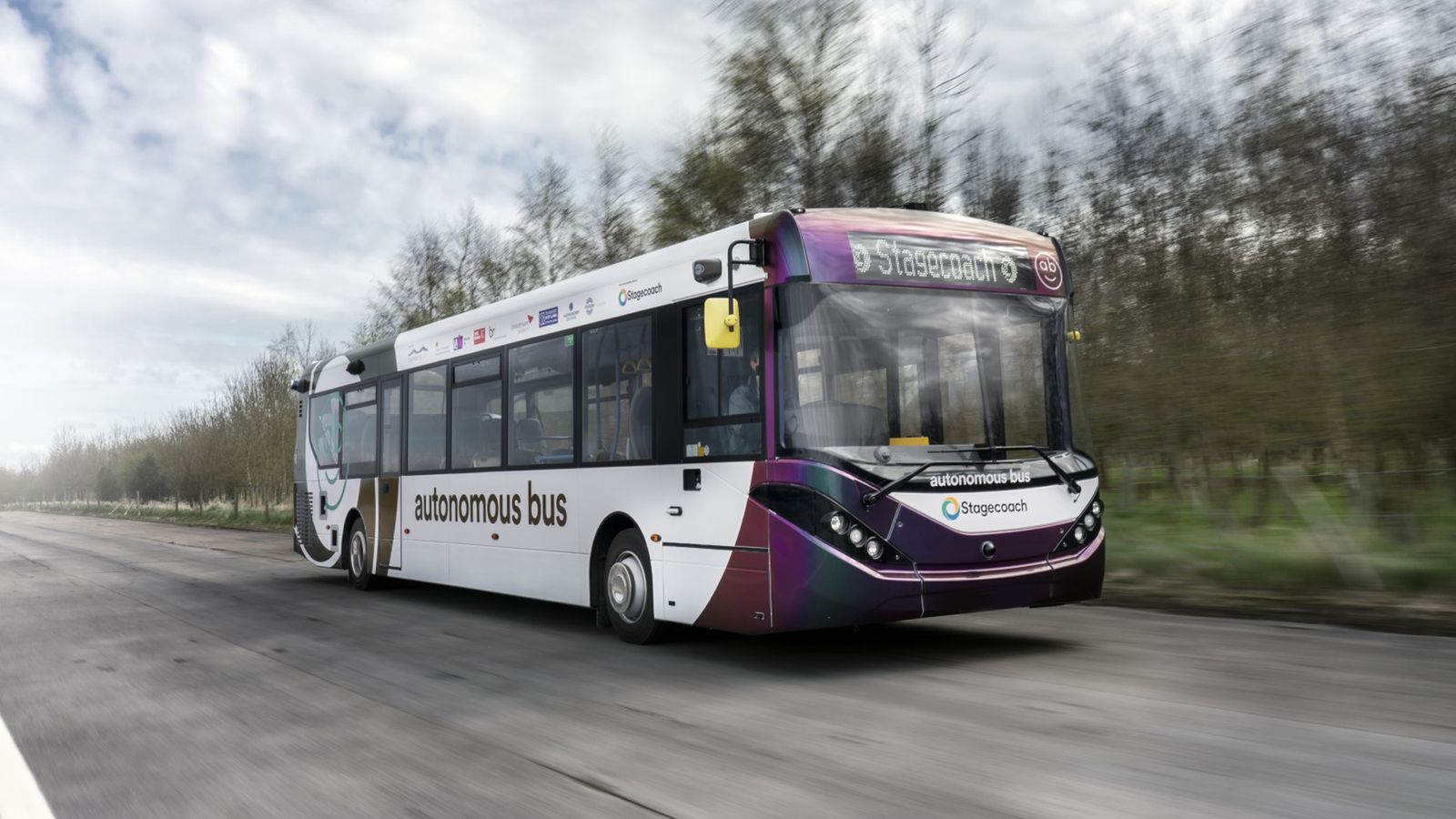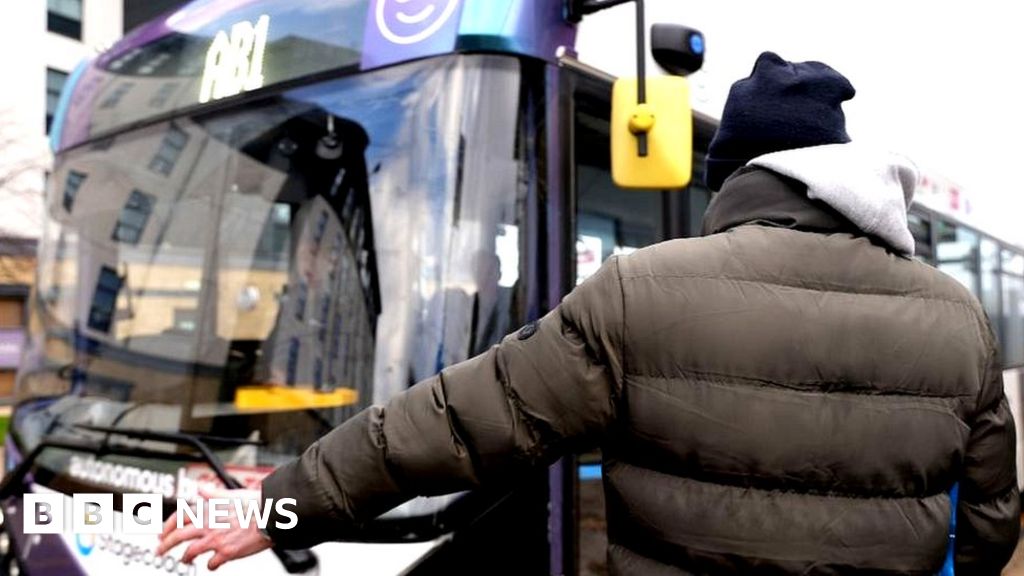Just in case you're not joking, autonomous trains would be radioed authorisation to proceed from a central computer which knew where every train was and how every point was set, they would not be peering into the fog at coloured bulbs on sticks.
Central authority to proceed also requires a centralised control system - that's not autonomy by any means, that's just automatic train control & we could do that tomorrow if someone wanted to pay for it. ETCS everywhere? I can't imagine how long it'll be before that happens, I won't be alive to see it. That was what the semi-fascetious comment about signal recognition was aimed at :P if you don't go down the replicating-an-eyeball route ( and have a think about just how many faiilure modes you're handling ), you're down the replacing-all-the-signalling route.




